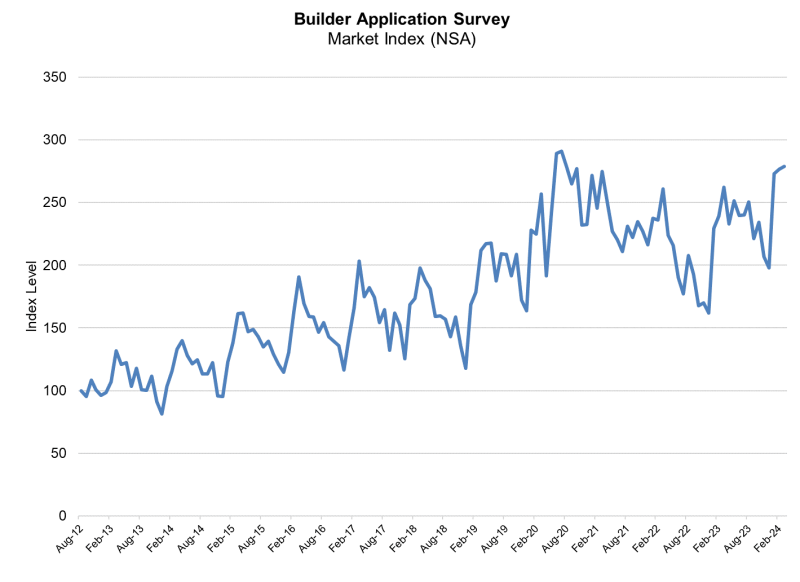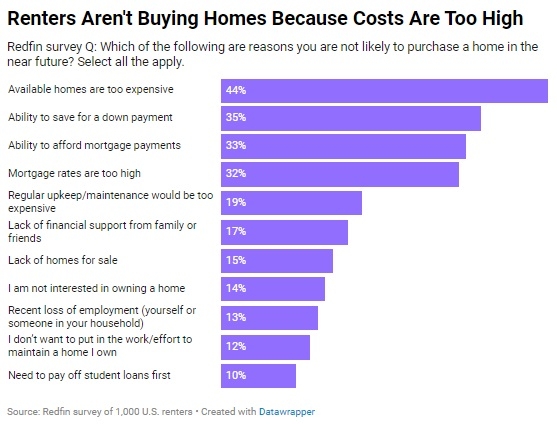Advertisement
Forward on reverse: Retirement finance in the age of HECM: Pick "reverse" brain cells
The unbelievable FHA loanJeff Mifsud Federal Housing Administration, adjustable-rate mortgage, credit
That's right; I said unbelievable! Read on, and be inspired by a
real-life example of just how powerful the Federal Housing
Administration (FHA) loan can be. More specifically, learn about
the effect it can have on people's lives. Many loan officers and
loan processors are unaware of the magnitude at which the FHA can
impact potential homeowners.
The personal goals of your clients will vary, of course. Some
want to own a home, others wish to exit a dangerous neighborhood
and still others need to refinance an adjustable-rate mortgage.
As you become more knowledgeable about FHA guides, you will
begin to take on the more challenging credit profiles and convert
them into closed loans. In my Webinars, I teach loan officers my
loan packaging protocol and give them the insider's view of how to
put these loans together. Knowing how to properly package the loan
is perhaps the single most important skill required to be a
successful FHA originator. In these articles for The Mortgage
Press, I will continue to share with you some of the same tips
I teach to loan officers all over the country.
One thing you have to know is that FHA loans are "story loans."
The better you are at telling the client's story, the more you will
meet with success in underwriting. Many loan officers turn away FHA
loans because they are "harder" to do. To this response, I ask, "If
you could deliver a good loan and earn an extra $1,500 at the same
time, would you work an extra week processing that loan?" Do this
10 times a year and you will have increased your income by $15,000.
Many loan officers re-think their position when they look at it
that way!
Allow me to share with you one of the more memorable FHA
experiences to give you an idea of the importance of asking the
right questions during your interview with the borrower. I hope
this will broaden your view of the loan and encourage you to accept
the cases that, at first glance, may appear more challenging.
Interview properly and close more loans! A real-life
loan scenario
About 18 months ago, a former client contacted me about refinancing
his mortgage. He needed to consolidate some debt that his
girlfriend had, unbeknownst to him, accrued over the years. He and
his girlfriend bought the home together, but were now ending the
relationship. Hence, another goal was to do the refinance in his
name only. His creditor payment history was perfect, except for one
30-day late payment on his mortgage and a late credit-card payment.
He had been denied acceptable loan terms by two other companies
because his credit score was below 580. When I asked him why he
didn't call us first, he told me that he was embarrassed because of
the mess he was in and had felt compelled by some direct mail
solicitations these other companies had sent him.
I asked him numerous questions to gain a clear understanding of
his situation. I felt we had the makings of a perfect FHA loan. Due
to the scores and credit profile, the other two companies didn't
even see FHA as an option, or, more likely, didn't have knowledge
of putting FHA loans together.
In the loan packaging protocol that I teach, I stress the
importance of reviewing every item on the credit report and getting
clear answers about each item. In this case, when I asked him about
the one 30-day late payment on his mortgage, he was embarrassed, as
he took paying his bills on time seriously. I asked him, "Did you
really make this payment 30 days after the due date?" A quizzical
look came over his face as he tried to answer the question. It
seemed obvious that the other companies hadn't asked him this
question, and frankly, he hadn't even questioned it himself. After
thinking about it, while he remembered paying late, he did not
believe that it was past 30 days late.
As the interview progressed, I learned that he had been a teacher
for more than 18 years. He had a great skill in inspiring his
students to achieve their potential and shared many examples of
this with me. Most impressively, on a teacher's salary, he had been
able to save over $80,000 in his retirement fund. The home he lived
in was spectacular—again, not what you'd expect on a
teacher's salary. As I admired and asked him more about his home, I
came to find out that he had purchased it about 14 years earlier.
He told me about all the work he had personally done on the home
and how much the home meant to him. He expressed how difficult the
break-up had been for him and how he just wanted to get on with his
life and start fresh. Based on the loan, which needed to cover the
debt consolidation and total settlement charges, the loan-to-value
(LTV) would be at 78 percent.
Follow me through this loan scenario, and note that in addition to
using the interview as a rapport-building tool, I was gathering
information to include in the Letter of Explanation. This letter
can make the difference between a loan's approval or denial,
depending on how well its written and how well it is supported by
documentation.
Back to the story (I did tell you that most FHA loans are "story
loans," right?): Our initial interview was after business hours, so
I told him to get on the phone with his current lender first thing
in the morning and find out the facts about the alleged late
payment. Sure enough, the next day he called me to say that in fact
his payment was late by just under 30 days, but that there had been
a bank processing error with the automatic withdrawal payment that
caused a 30-day late payment to appear on his credit report! I
instructed him to call the bank and get that information in
writing, which he did. What an amazing discovery! Even with a
30-day late payment, I believed we had a shot at approval, but this
made the chances even better, despite the late credit card
payment.
The highlights of this loan were as follows: low LTV, great
reserves, good ratios after paying off debt and a letter proving
the mortgage payment wasn't 30 days late. We had all the elements
of an effective letter. Here were the letter's pertinent points: an
explanation for the late credit-card payment (a one-time oversight
due to the ending of his relationship), debt accrued by his
ex-girlfriend (behind his back, which broke the trust, ultimately
leading to the break-up), the 30-day late payment being inaccurate
(and due to a bank error), his long-time employment at the same
job, his passion for teaching and his ability to inspire children,
the personal connection to his home, and all the work he had
personally put into it. By combining all the different facets of
his credit profile and personal struggles, the loan was approved,
and he was able to achieve his goals of the refinance. And are you
ready for the icing on the cake? Because of the size of the loan,
asking the right questions resulted in gross revenue of over
$10,000 on the loan! How's that for a happy ending?
Eliciting this type of information from a borrower is crucial. You
need to give the underwriter something to base his decision on.
You've got to think outside the box when reviewing borrower
profiles that, on the surface, appear as though they will surely be
denied. One thing loan officers throughout the country tell me
after taking my training is how many tens of thousands of dollars
they have thrown away over the years because they never learned how
to do FHA loans! The time to get in the game is now!
Go FHA!
Jeff Mifsud founded Mortgage
Seminars LLC in 2004, has been an FHA originator for 12 years,
is a faculty member of LoanToolbox and is a former
FHA underwriter. He may be reached at (877) 342-9100 or e-mail [email protected].
For the benefit of the loan officer/loan processor community, he
has set up a national FHA message board. For more information,
visit www.mseminars.com.
About the author





